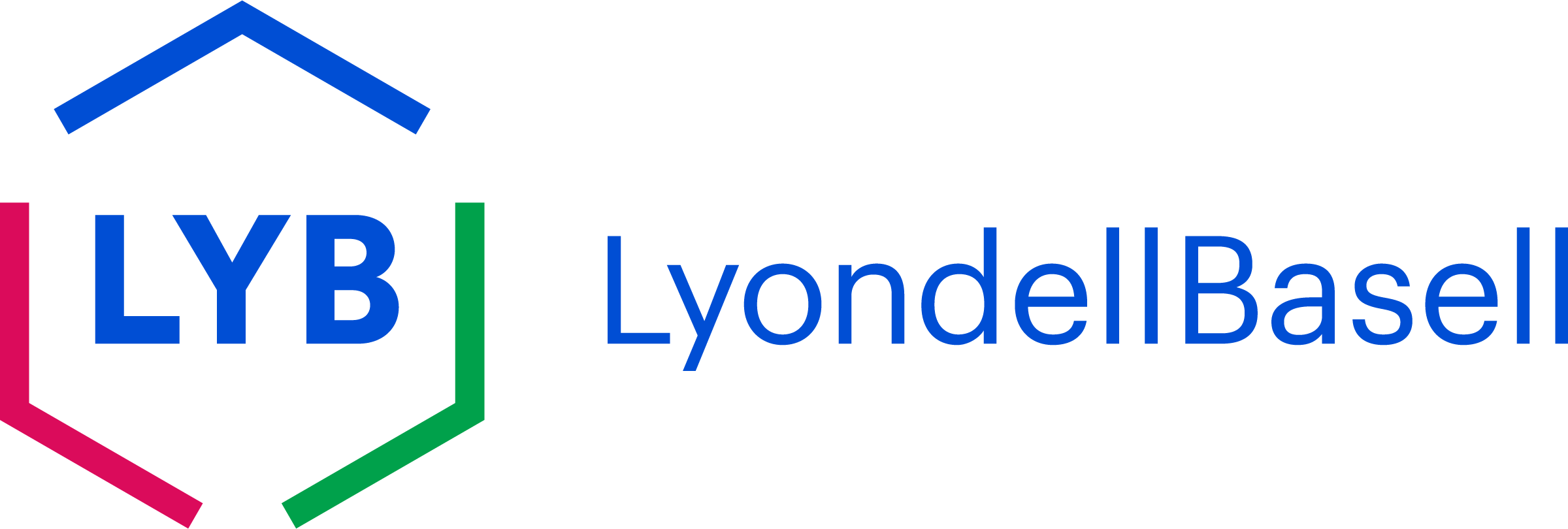ROTTERDAM, October 25, 2021 - Converting water-based waste into energy was no easy feat, but chemical company LyondellBasell and its joint venture partner, polymer manufacturer Covestro, proved it was possible. The companies today announced the completion of its Circular Steam Project at their site in Maasvlakte, the Netherlands. With the Circular Steam Project, the site incorporated an innovative technology into the existing production plant to convert its water-based waste into energy. The new installation takes the site's existing production process to a higher level of efficiency and sustainability, resulting in an overall annual reduction of approximately 0.9 Petajoules of energy use, or 140.000 metric tons of CO2 and avoiding the release of 11 million kilograms of salt residue into the surface water.
"Climate change is one of the most important global challenges both now and for future generations,” said Jean Gadbois, Senior Vice President Manufacturing Europe, Asia and International of LyondellBasell. “I am proud that today, we are saving more energy at our Maasvlakte site, equal to the electricity use of 90,000 households. The Circular Steam Project is a great example of how we reduce the use of energy at our manufacturing facilities."
The project contributes greatly to the Dutch Port of Rotterdam’s energy reduction target of 2 Petajoules per year in total.
Dr. Klaus Schaefer, Chief Technology Officer of Covestro, added: “This new plant is a big step towards a truly sustainable chemical industry. By converting production waste into steam, its innovative technology allows our partner LyondellBasell and Covestro to save the impressive amount of 140,000 tons of CO2 emissions each year, which equals the annual emissions of 31,000 cars. We have shown once more how working together can pave the path for circularity.“
LyondellBasell and Covestro built a new bio plant and incinerator on their site, in which the production's waste is treated and transformed into steam. The steam is used as an energy source in the existing on-site production plant, thus making it a circular process.
The official completion of the project was marked during an onsite ceremony, attended by Ministry of Economic Affairs and Climate and the Port of Rotterdam. The joint venture chose to limit attendance in the wake of the global pandemic.

